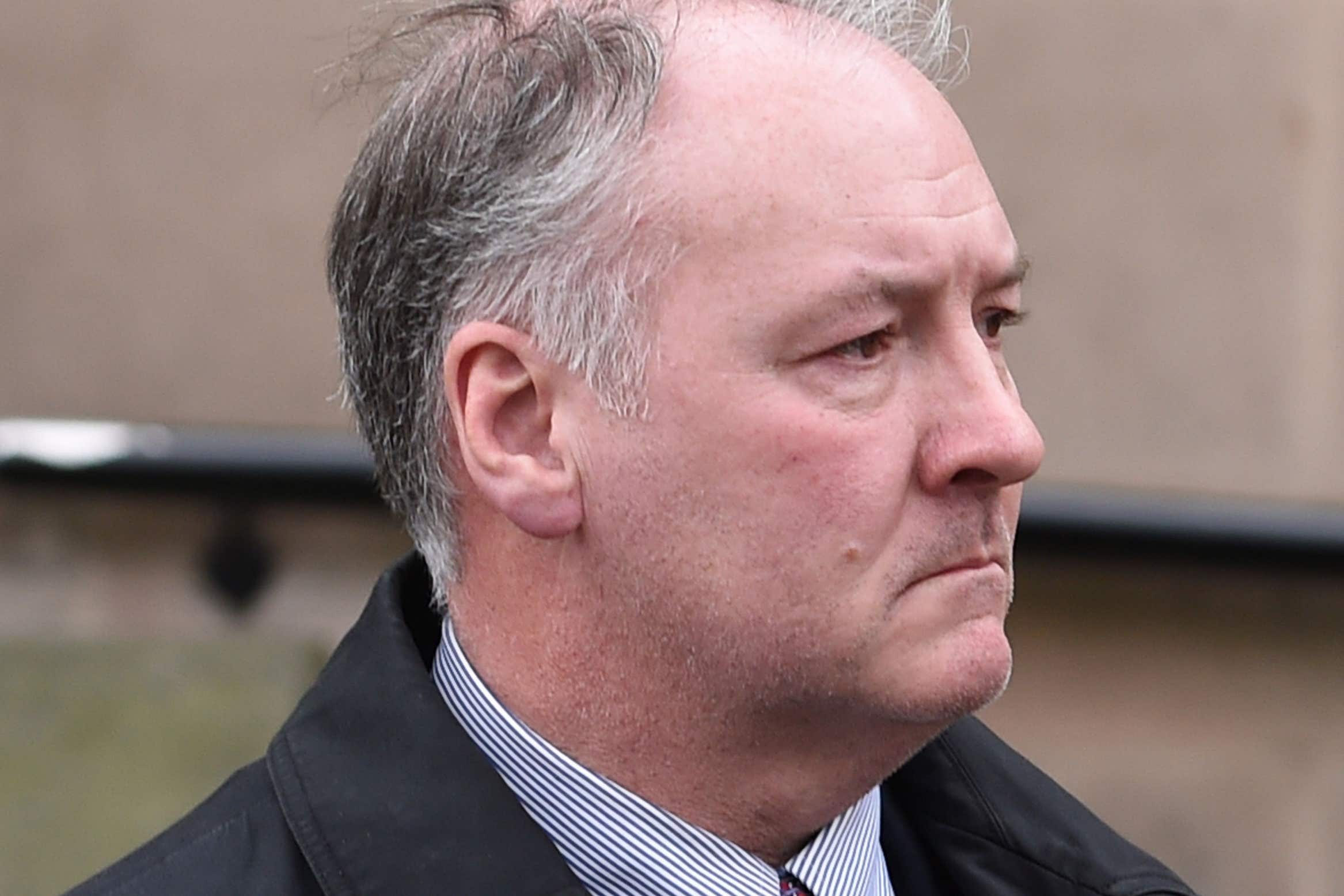Disgraced breast surgeon must give evidence at inquests of 62 of his patients
Former doctor Ian Paterson is currently serving a 20-year prison sentence after being convicted in 2017 of wounding patients.

Rogue breast surgeon Ian Paterson must give evidence at inquests into the deaths of 62 of his patients, a coroner has ruled, after the disgraced doctor launched a last-minute bid to have his witness summons revoked.
The 66-year-old, who is serving a 20-year custodial term after being convicted of multiple counts of wounding in 2017, was accused of attempting to delay the hearings after lodging an application to have his witness summons revoked the day before the first inquest was due to start on October 10.
Paterson’s lawyer argued that health concerns, a lack of legal representation and “inadequate facilities to prepare” meant his witness summons for the judge-led inquests should be withdrawn.
In a ruling published on Monday, Coroner Richard Foster said he could “find no reason” that Paterson could not give evidence remotely at the inquests, the first of which is due to start on Tuesday.
He said: “It is perfectly reasonable in all the circumstances to require him to do so, taking into account the public interest and the importance of his participation to my investigations and these inquests.
“I can and will make all necessary adaptations to the court process to achieve the best evidence from Mr Paterson.”
The coroner said a proposal from Paterson’s lawyer that he should not be obliged to give evidence during each of the inquests, instead giving evidence at the end of the process, was “unacceptable” and would be “detrimental to my investigations”.
He said: “I need to hear his evidence on a case-by-case basis alongside the evidence of other witnesses, including from Mr Paterson’s clinical colleagues and the medical experts.”
The first of the 62 inquests, which are expected to be heard over a period of at least eight months at Birmingham and Solihull Coroners Court, will touch upon the death of 43-year-old Chloe Nikitas, an environmental consultant from Tamworth who died at the Priory Hospital in Birmingham on April 13 2008.
The court heard claims from Paterson’s legal team last week that the jailed doctor, originally from Glasgow, would struggle to remain focused during the inquests and process large volumes of paperwork due to health issues.
Judge Foster said he would make “appropriate measures and adjustments” to make sure Paterson could take part in the proceedings, including regular rest breaks, adding: “His evidence will be of the utmost assistance and any evidence is better than none.
“It is obvious that as a serving prisoner his ability to prepare and to provide instructions to his legal team has been handicapped. I can and will make every allowance for that.
“I expect him to appear remotely. No doubt his legal team will advise him upon the consequences of non-compliance.”
Paterson, who was living in Altrincham in Greater Manchester when he was tried and convicted, was found to have carried out unnecessary and unapproved procedures on more than 1,000 breast cancer patients over 14 years.
The consultant breast surgeon was employed by the Heart of England NHS Foundation Trust and practised in the independent sector at Spire Parkway and Spire Little Aston, all in Birmingham between 1997 and 2011.
He carried out “cleavage-sparing” mastectomies on patients, which left behind breast tissue and risked a return of cancer.
An independent inquiry ruled that he had carried out hundreds of unnecessary operations on hundreds of patients, exaggerating or inventing cancer risks.
More than 560 patient deaths have been considered so far by a multi-disciplinary team of medical experts, leading to the opening of 62 inquests where their deaths may have been “unnatural”.
Bookmark popover
Removed from bookmarks